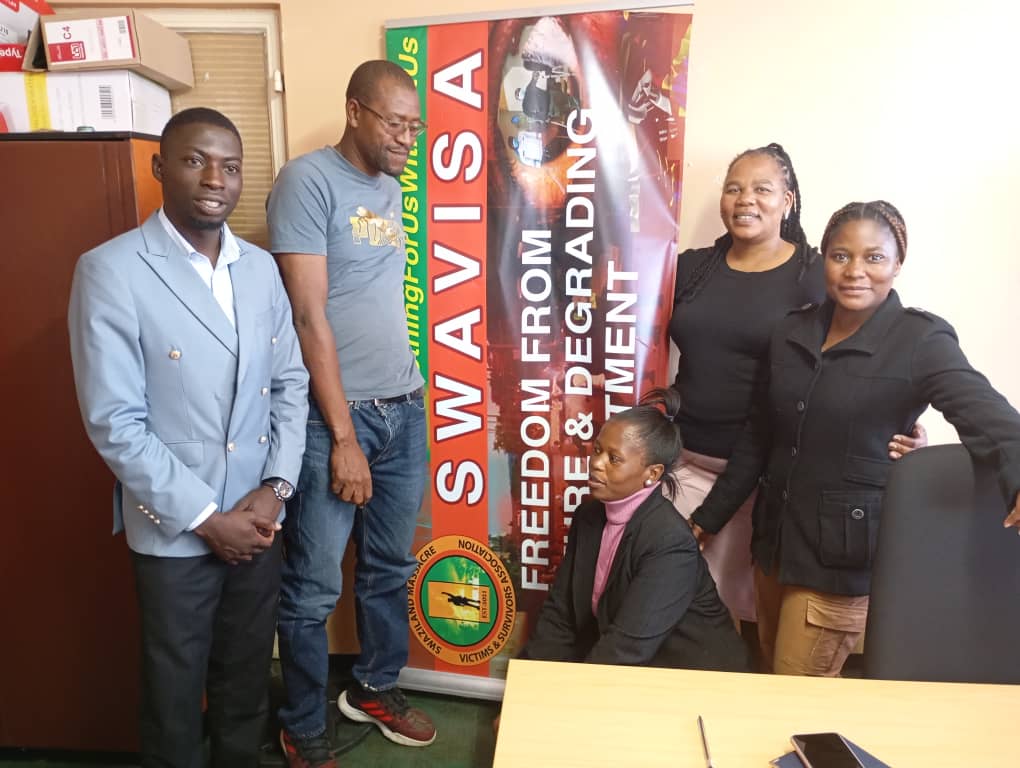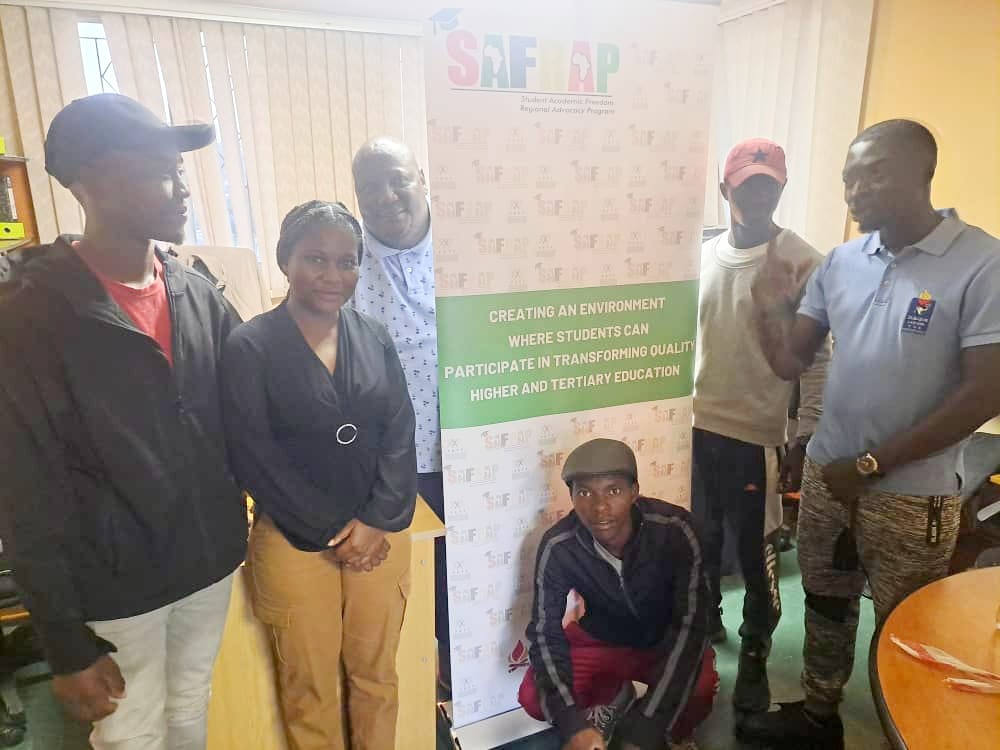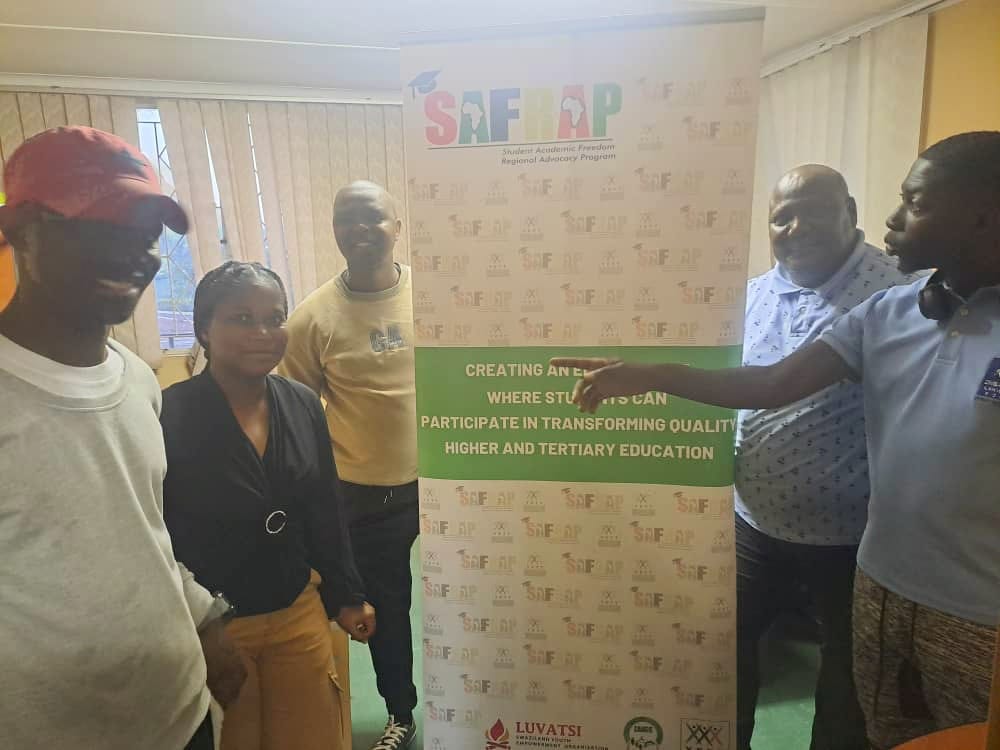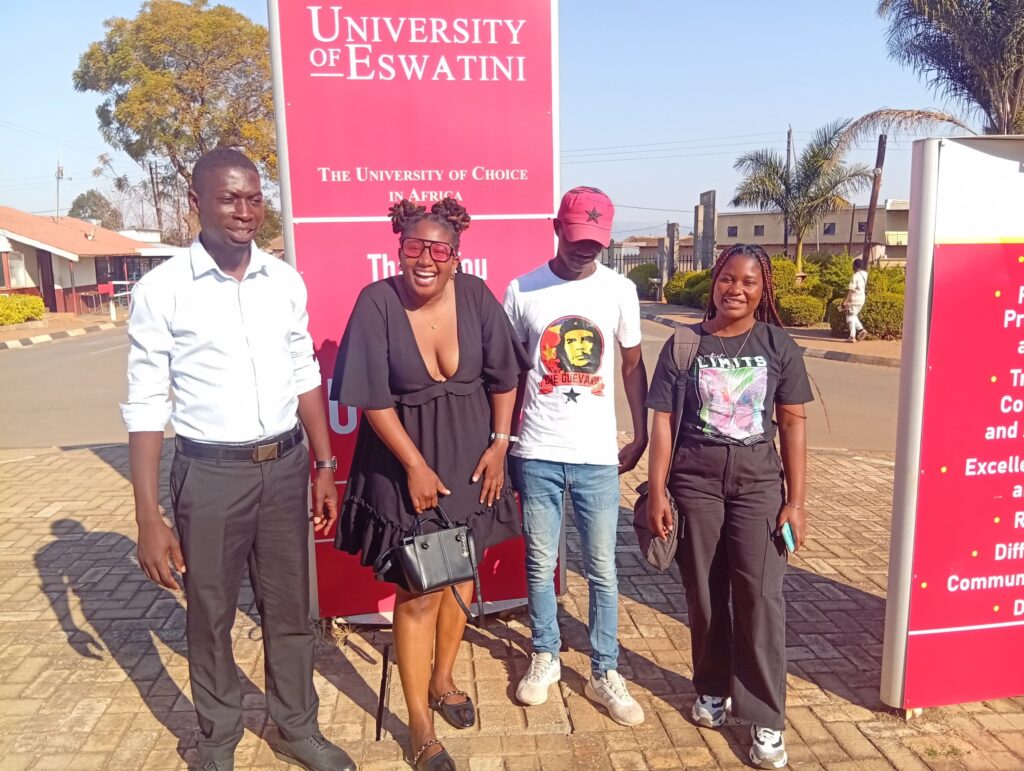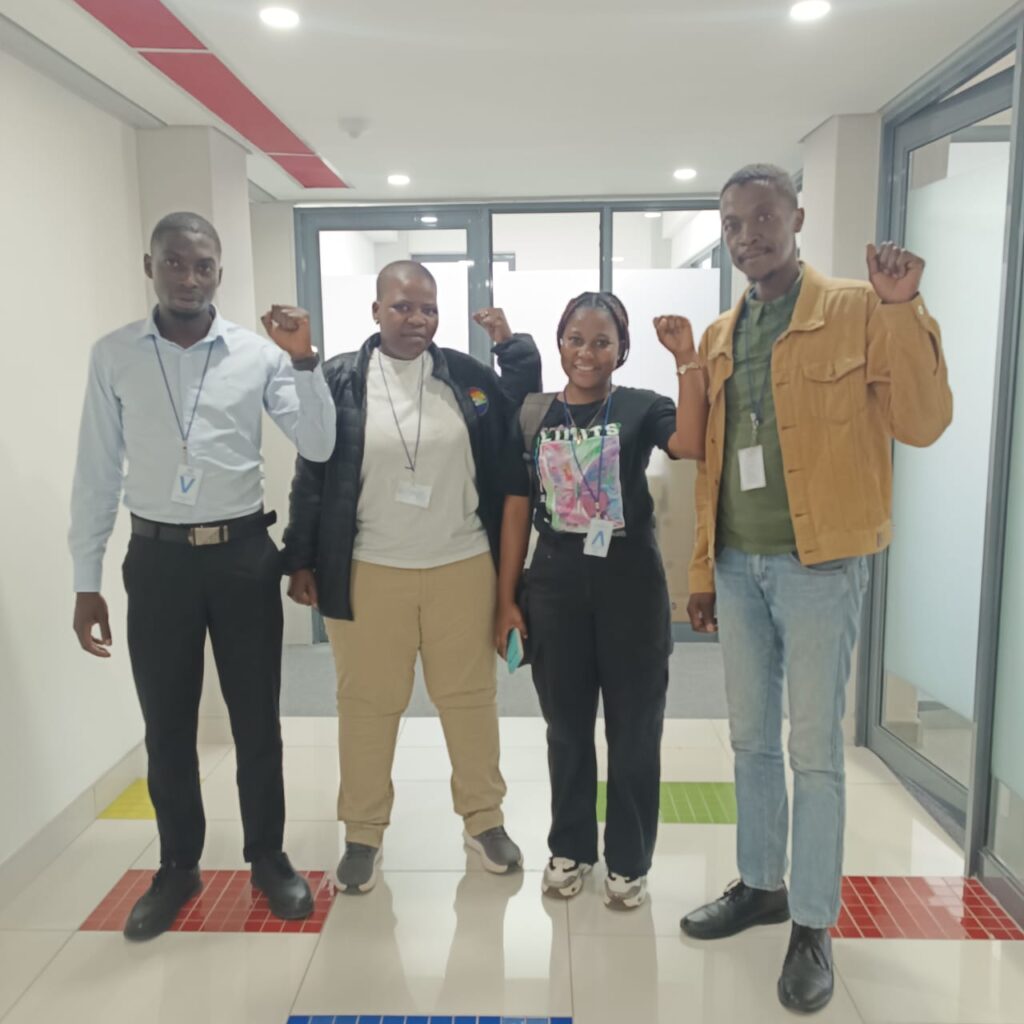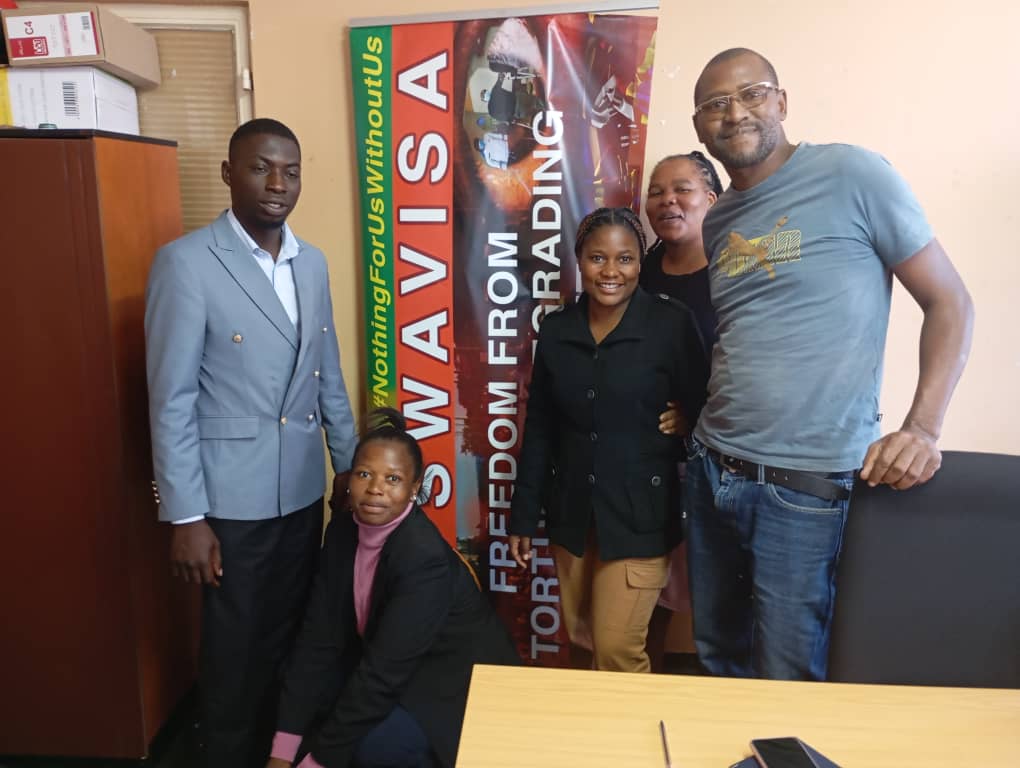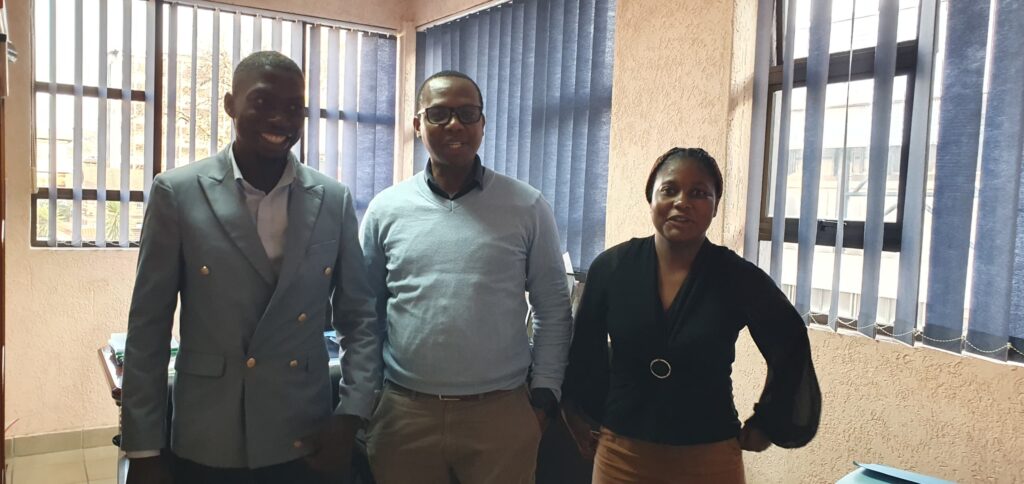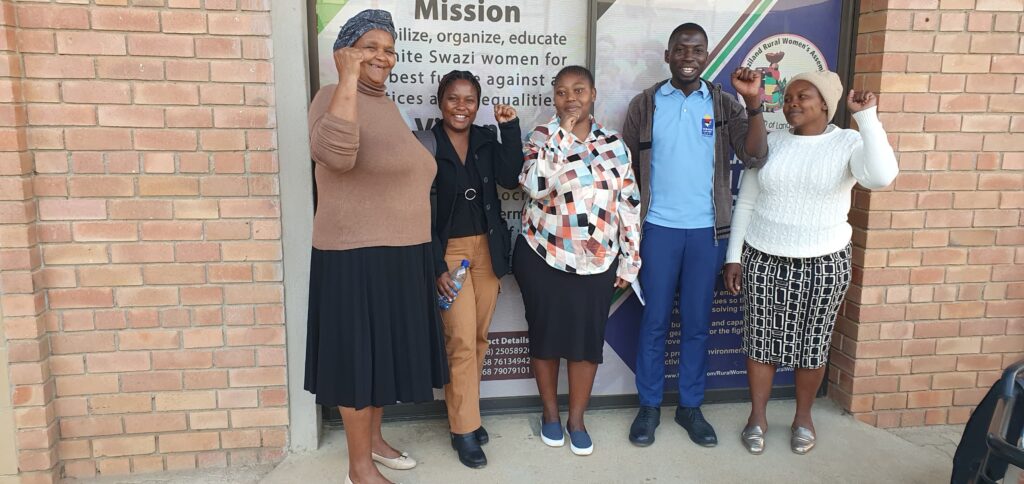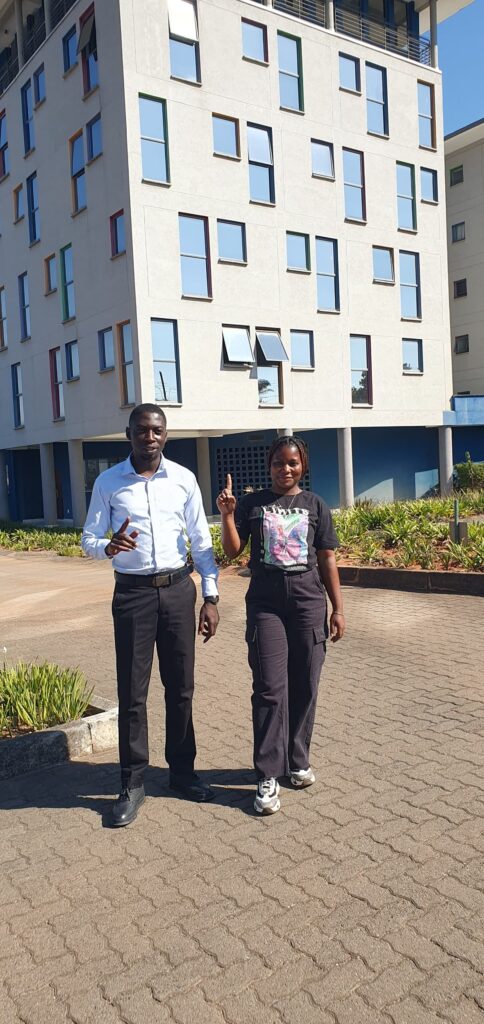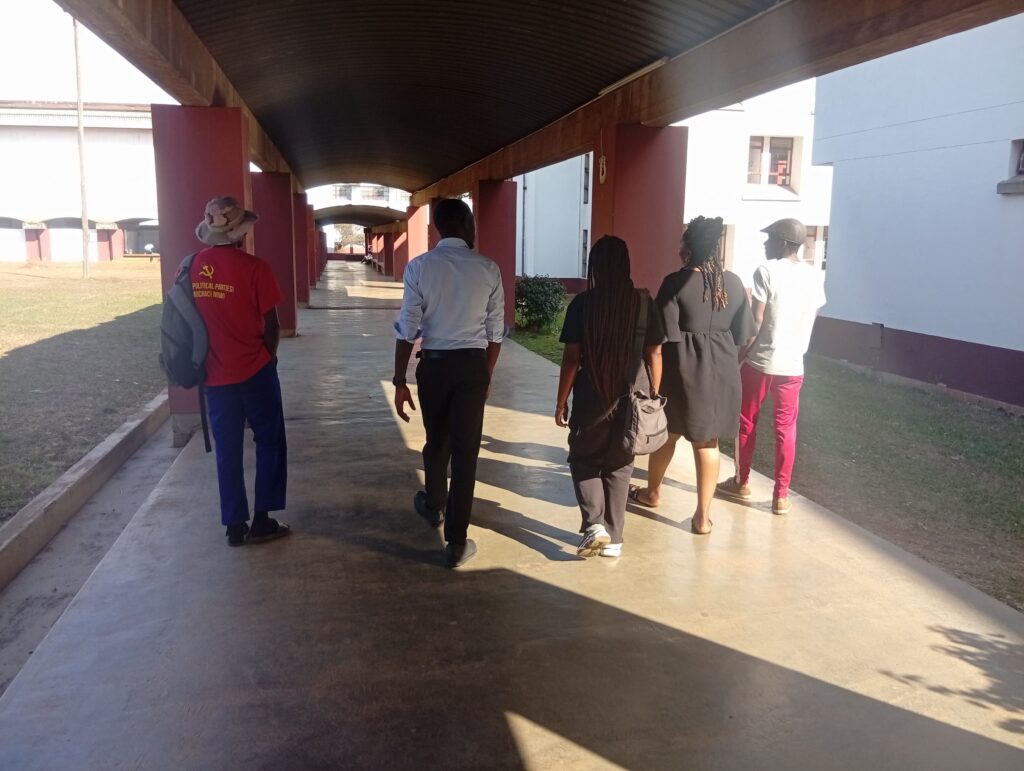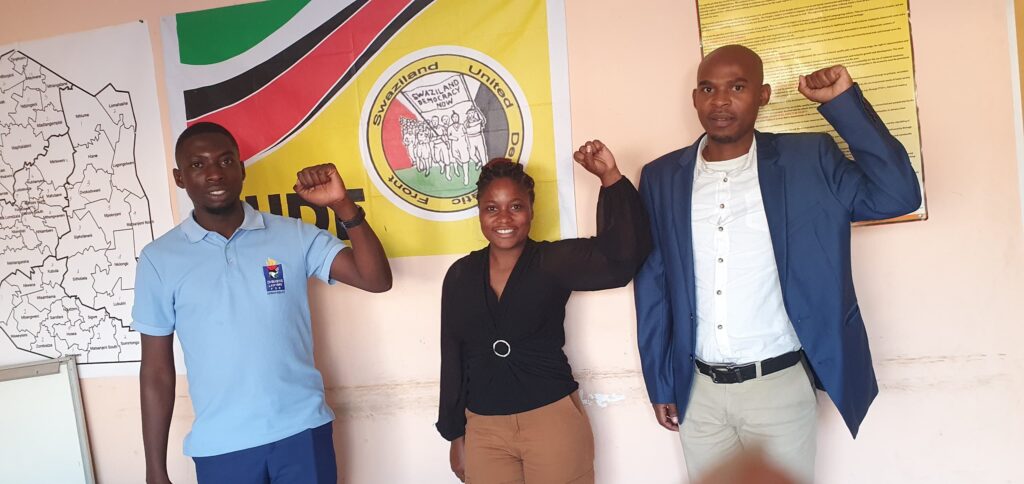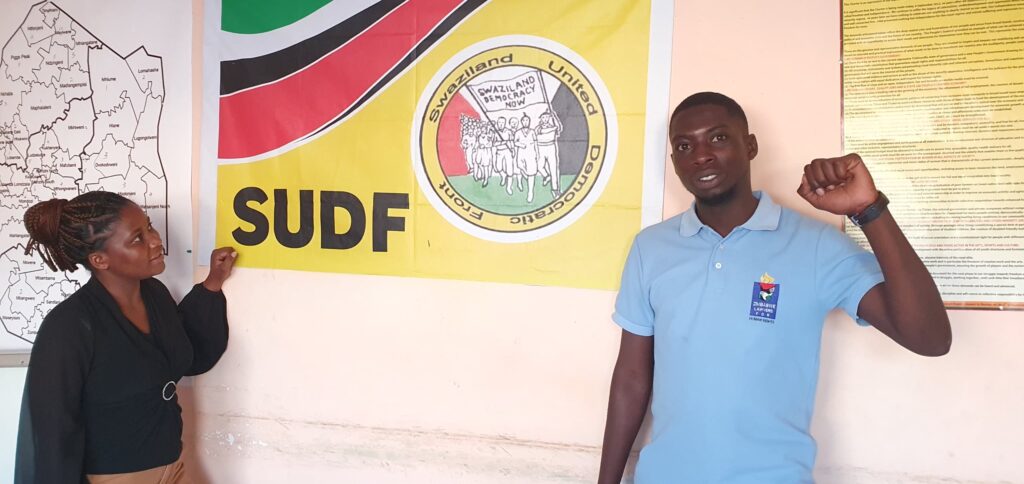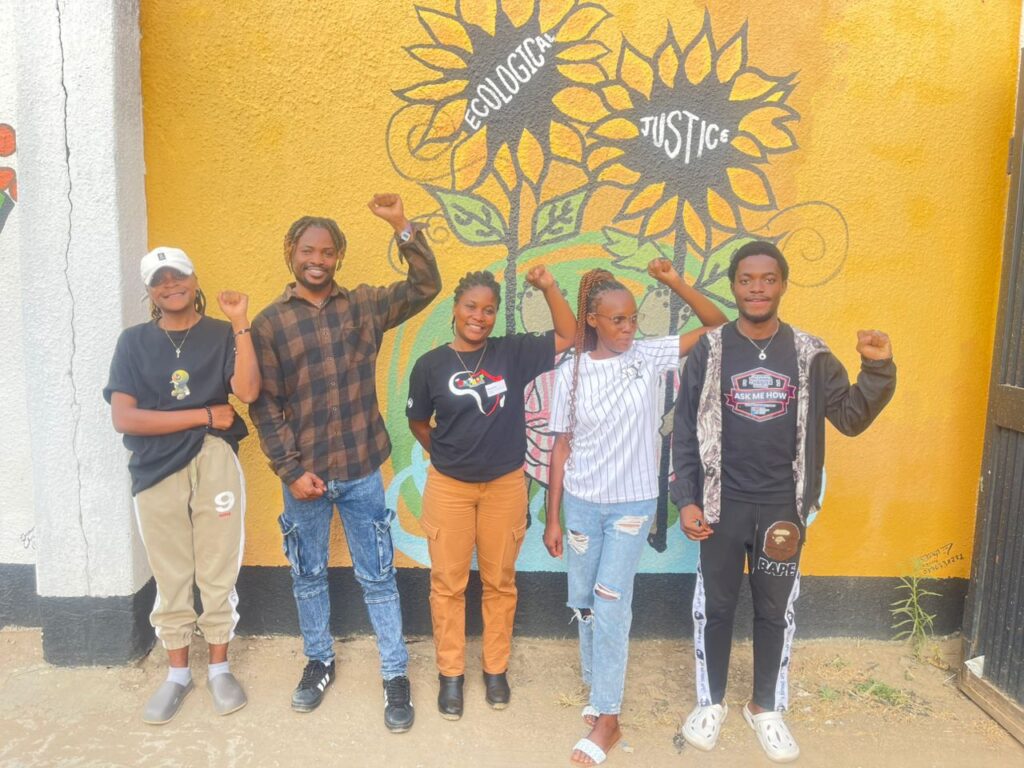The visit to Eswatini provided a deep dive into the country’s political, social, and civic dynamics, particularly as they relate to youth, women, and marginalized communities. The ZINASU delegation engaged with a variety of local actors focused on civic space, human rights, leadership, and grassroots empowerment. Key insights revealed a heavily centralized monarchy where democratic processes are limited, political parties are banned, and the King holds influence across all branches of government. Financial power and royal favor often dictate access to leadership roles and opportunities, while legal frameworks and proposed legislation further restrict civil society.
Youth and women’s groups are actively working to foster participation and resilience despite surveillance, legal constraints, and limited resources. They address issues like reproductive health, mental wellness, entrepreneurship, LGBTQI rights, gender-based violence, and environmental justice. Many initiatives operate informally or under threat of deregistration, relying on community organizing and international solidarity to survive.
Victims of past political violence continue to face trauma and marginalization, with little state accountability. Legal advocates shared cases of systemic abuse, highlighting the high personal cost of activism. Meanwhile, student leaders face infrastructure challenges and political repression but continue to build solidarity and demand improved education systems. Across all sectors, a strong call was made for evidence-based advocacy, collective action, and regional cooperation to resist repression and advance justice.
